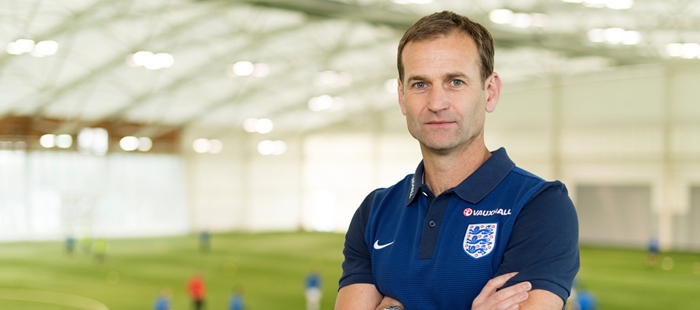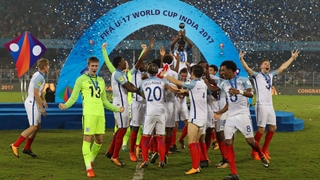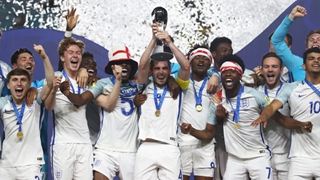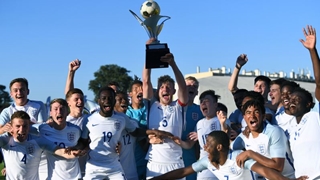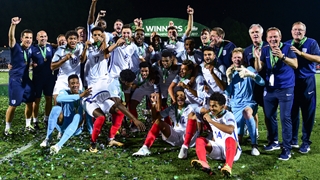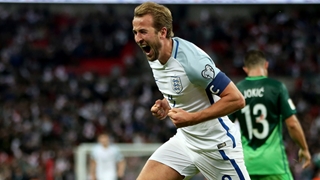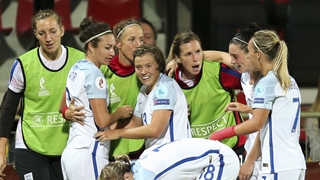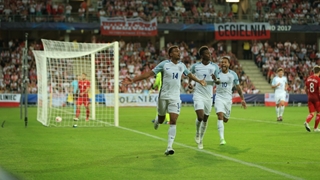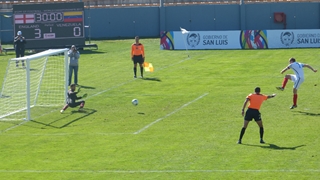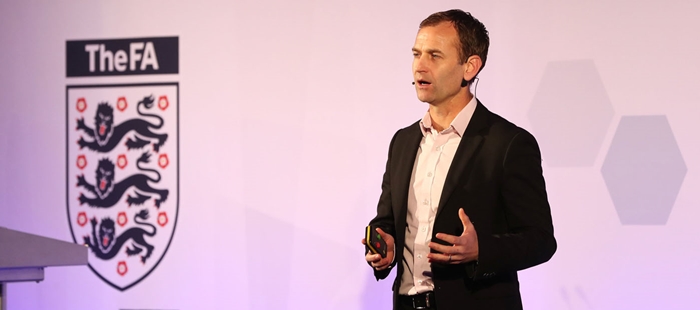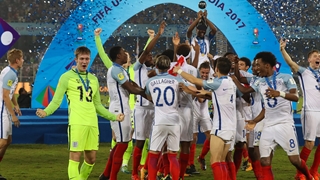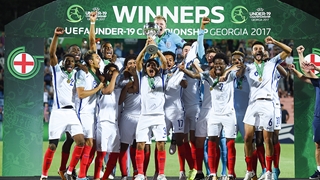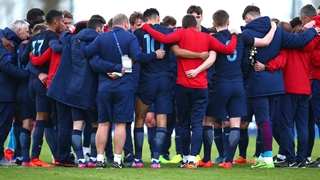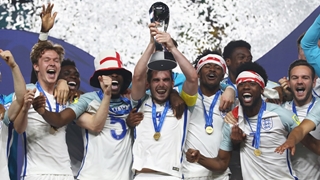2017. It will probably go down in history as the best year on the pitch for the English Football Association, apart from 1966 when we won the big one.
It all started around March and April , when it was the first time that all of our development teams had qualified for their respective Finals: men’s and women’s U17s, men’s and women’s U19s, the U20 World Cup, the men’s U21s and the women’s seniors, who would all be competing throughout the summer.
I remember sending an email out, saying: ‘well done to everybody but now let’s see if we can go and win one’.
And, of course, we’ve done more than win one. In all of them, we’ve either won it or got really close so it’s been such an incredible summer and it was capped off in October with the U17s' World Cup success in India to make it an incredible year on the pitch.
It’s also been a difficult year off the pitch with what happened around Mark Sampson, the England Women’s team and the subsequent fall-out. That has been well documented and the Chairman has rightly identified the way forward for the organisation to improve.
Lessons have to be learned and I personally am aware of the distress caused to the players involved, and of course the negative impact on the rest of the squad and the wider women’s game.
It’s something that we all take seriously. But it is right to acknowledge that 2017 has been a really successful year for all of our teams, the women’s, men’s and disability sides. Things are going in the right direction and the players deserve the positive attention they have been receiving.
As the year went along, it felt like the momentum was constantly growing and winning breeds belief.
World Cups and European Championships are not easy and it’s always a fine line between success and failure at elite level.
Sometimes it goes with you and sometimes it won’t and everything pretty much went for us this summer, whether it was Jordan Pickford’s penalty save against Sweden in the first game of the U21 Euros, Freddie Woodman’s penalty save in the U20 World Cup Final or the shoot-out win against Japan in the first knock-out game of the U17 World Cup.
If those moments didn’t go for us, we would be sitting here having had a very different year but you also have to have the ability within the team and the staff to reach those situations.


